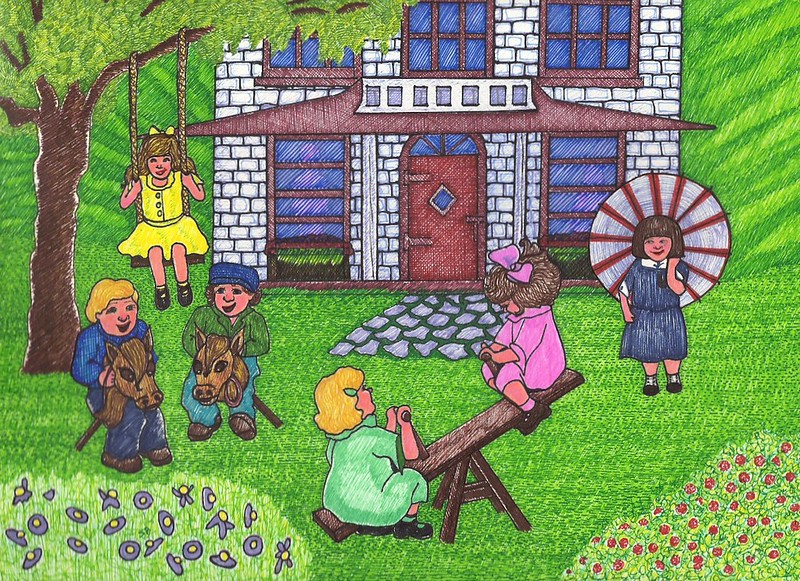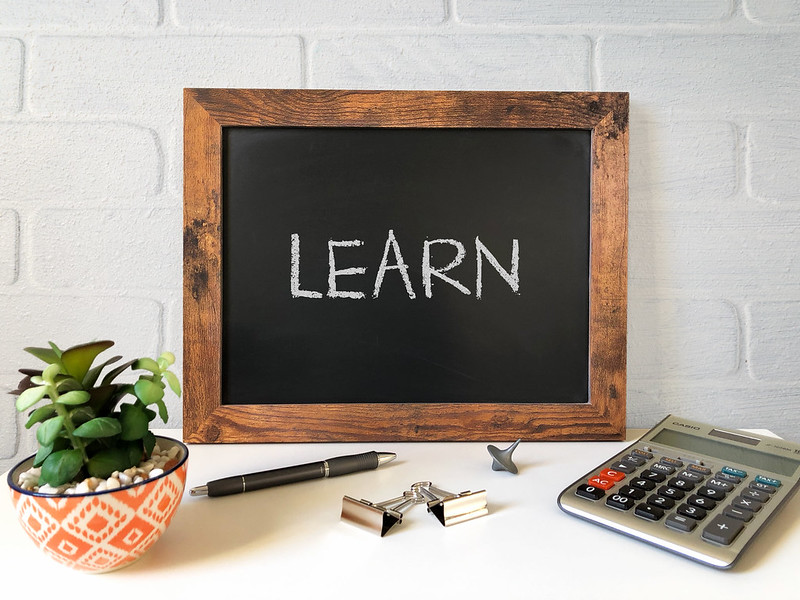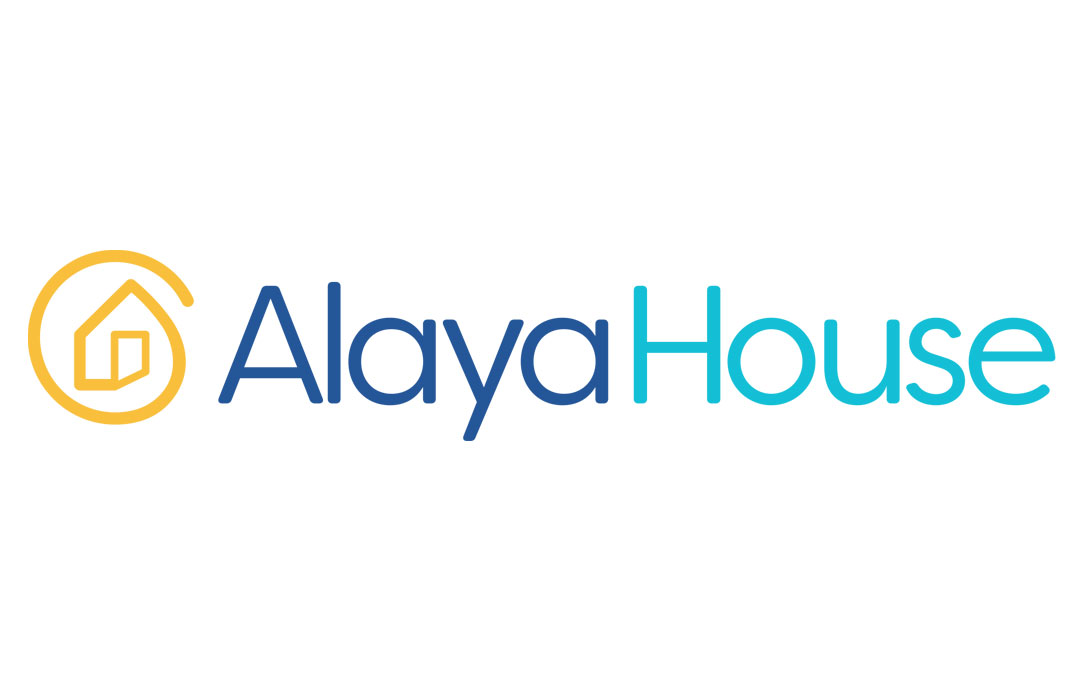
Let’s Talk About Children – Workforce Pilot Program
Alaya Partners has joined forces with the National Workforce Centre for Child Mental Health – Emerging Minds to develop a hybrid training program for mental health clinicians interested in working to improve the mental health outcomes of children ( aged 0-12). Alaya has sponsored this workforce pilot program in hopes to:
- Expand the current clinical scope of regional mental health clinicians working with Alaya’s clinical partner APMHA HealthCare Ltd.
- Minimise the gaps in available and appropriate mental health services for children in regional Victoria
- Expand this program, if successful to other regions in Australia where gaps in available and appropriate mental health clinicians are evident
The Emerging Minds National Workforce Centre for Child Mental Health initiative aims to improve the mental health outcomes of children by assisting professionals within the field refine their skill in identifying, assessing and supporting children at risk of mental health conditions. Within this partnership, Emerging Minds has provided a blended 3 month program consisting of eLearning, reflective assessments and face to face workshops. This program aims to inform and support mental health clinicians working with children in PHN programs. This pilot program has now commenced and a decision on whether to expand this program to other areas of Australia will likely occur in 2020.
Image Credit: Suzanne Berton via Flickr Creative Commons




